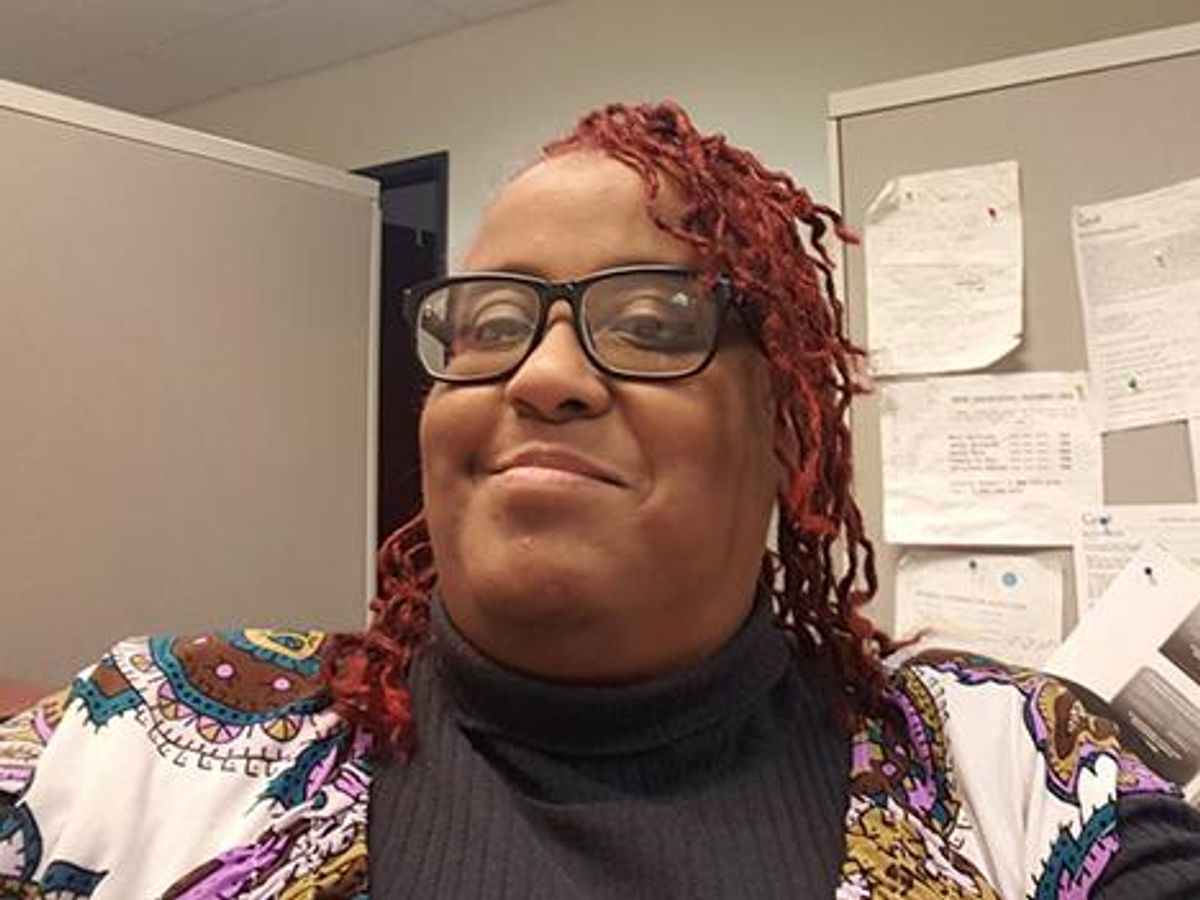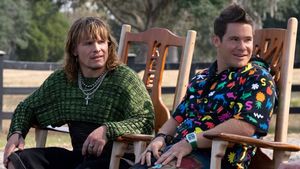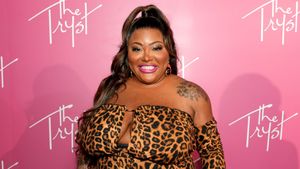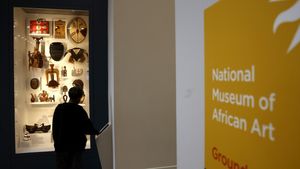Naimah O’Neal spent 1992 preparing for motherhood and her own death. They usually don’t go hand-in-hand, but O’Neal wasn’t sure she’d even live long enough to give birth.
In need of prenatal care, O’Neal had to take an HIV test to receive services at a local clinic. It was positive, a proposition she had simply never imagined.
“I never thought that I would test positive,” she tells Plus. “Because the news said it was gay men and people who used drugs. I never looked for information until I tested positive for HIV.”
With one toddler and another child on the way, O’Neal was left wondering if she’d live to see them grow out of diapers.
Fortunately, the Cleveland, Ohio mother was quickly connected to a hospital with HIV services, which gave her “my first real support.” Although the treatment worked, HIV still interrupted her life. She was forced to defer her plans of finishing her bachelor’s degree.
O’Neal says, the diagnosis made her “selfish,” by which she means it forced to her engage in self-care. But soon O’Neal was reaching out to help other women — regardless of their status. “I began to use my diagnosis to help both groups of women,” she explains. “Teaching negative women that they must pay attention to this illness and positive women that you can live with HIV and still dream.”
The women she spoke to listened. O’Neal thinks they saw her as both a role model and cautionary tale. “Because I had few men in my life, never abused drugs, [and] went to school past high school; women would listen to me. They began to see the possibility of becoming HIV-positive [themselves]. I had to speak and be that woman that they couldn’t find a reason to justify in their minds why me and not them.” She wasn’t the uneducated, sexually promiscuous, drug user that the women imagined HIV-positive women would be. Instead, O’Neal was uncomfortably close to being just like them. Suddenly, the realized that people like them were contracting the disease.
Reaching women who are at higher risk of becoming HIV-positive, however is more challenging, O’Neal admits. A challenge that hasn’t been helped by the HIV laws in her state, which she says are archaic and not based on current science. In fact, O’Neal feels that this is one of the key reasons as to why some people won’t get tested, even those engaged in high-risk situations.
To be on the right side of Ohio’s criminialization laws, O’Neal also feels that HIV-positive people must constantly disclose their status. The weight of this stigma, she says, can also be a weight against getting things done. Rather than becoming bitter or frustrated about that situation, O’Neal has joined the anti-criminalization fight, working with the Sero Project and attending HIV Is Not a Crime.
O’Neal always seems to remain positive, seeing the world in a glass-half-full kind of way, something that she attributes to her belief that “God has healed me from HIV. Not [my] body," she clarifies. "But my mind.”
She’s even able to see a silver lining in the loss of her husband to an AIDS-related illness, which she says, opened the door for her becoming a social worker. Having finished her medical social work training, O’Neal is now an affiliate with AIDS Healthcare Foundation and works as a case manager for the AIDS Taskforce of Greater Cleveland. She serves on the Greater Cleveland Ryan White Part A planning council, and co-chairs the Ohio chapter of Positive Women’s Network. O’Neal has also been actively involved with The Ohio AIDS Coalition — which provides education, leadership training, advocacy, and support for the state’s HIV-positive community.
With all of these demands on her time — and the fact that she’s lived nearly a quarter of a century longer than she once expected to — it’s a little hard to imagine O’Neal still wants to do more. But she does.
“I still dream and think about the unmet goals for my life. My story has pages that have not been written. I want to write a book, teach some social work classes, see my two granddaughters become women, and see an end to HIV in my lifetime.”












































































